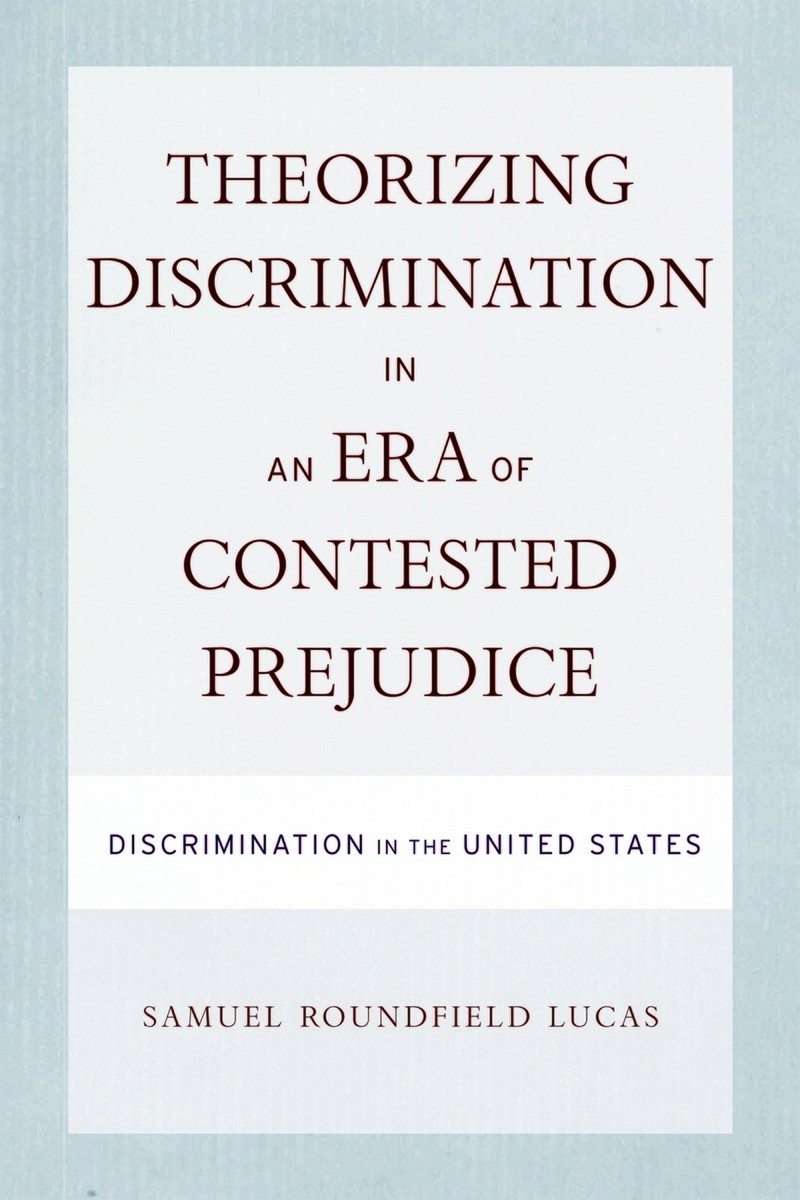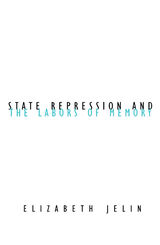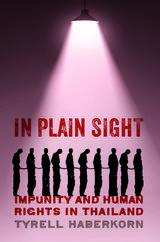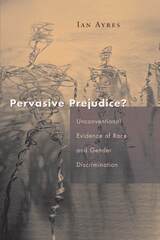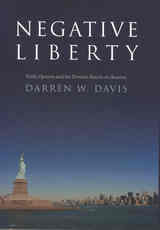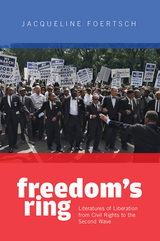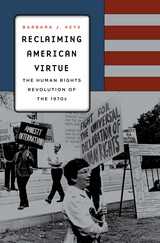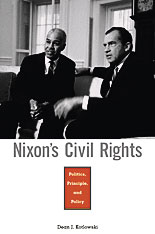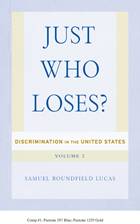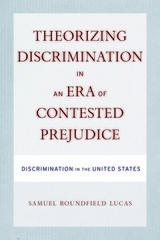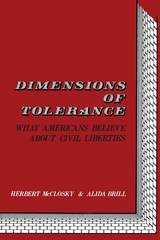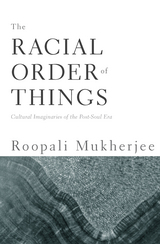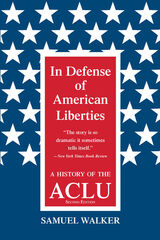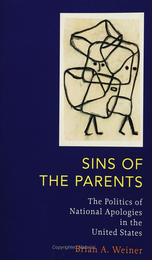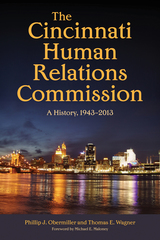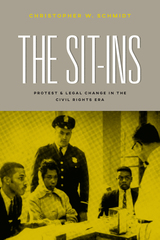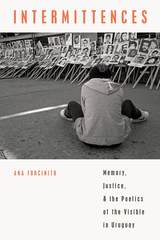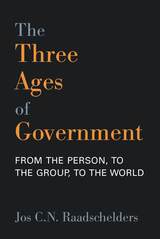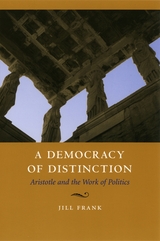Paper: 978-1-59213-913-2 | eISBN: 978-1-59213-914-9 | Cloth: 978-1-59213-912-5
Library of Congress Classification JC599.U5L79 2008
Dewey Decimal Classification 305.0973
Despite several decades of attention, there is still no consensus on the effects of racial or sexual discrimination in the United States. In this landmark work, the well-known sociologist Samuel Lucas shows how discrimination is not simply an action that one person performs in relation to another individual, but something far more insidious: a pervasive dynamic that permeates the environment in which we live and work.
Challenging existing literature on the subject, Lucas makes a clear distinction between prejudice and discrimination. He maintains that when an era of “condoned exploitation” ended, the era of “contested prejudice,” as he terms it, began. He argues that the great strides made in the 1950s and 1960s repudiated prejudice, but not discrimination. Drawing on critical race theory, feminist theory, and a critique of dominant perspectives in the social sciences and law, Lucas offers a new understanding of racial and sexual discrimination that can guide our actions and laws into a more just future.
See other books on: Era | Lucas, Samuel | Minority Studies | Racism | Sexism
See other titles from Temple University Press
